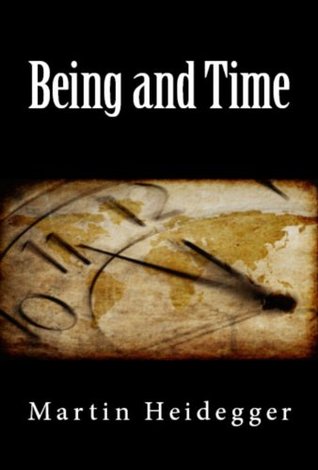When the they-self is appealed to, it gets called to the Self.(1) But it does not get called to that Self which can become for itself an ‘object’ on which to pass judgment, nor to that Self which inertly dissects its ‘inner life’ with fussy curiosity, nor to that Self which one has in mind when one gazes ‘analytically’ at psychical conditions and what lies behind them. The appeal to the Self in the they-self does not force it inwards upon itself, so that it can close itself off from the ‘external world’.
Welcome back. Just a moment while we sign you in to your Goodreads account.


